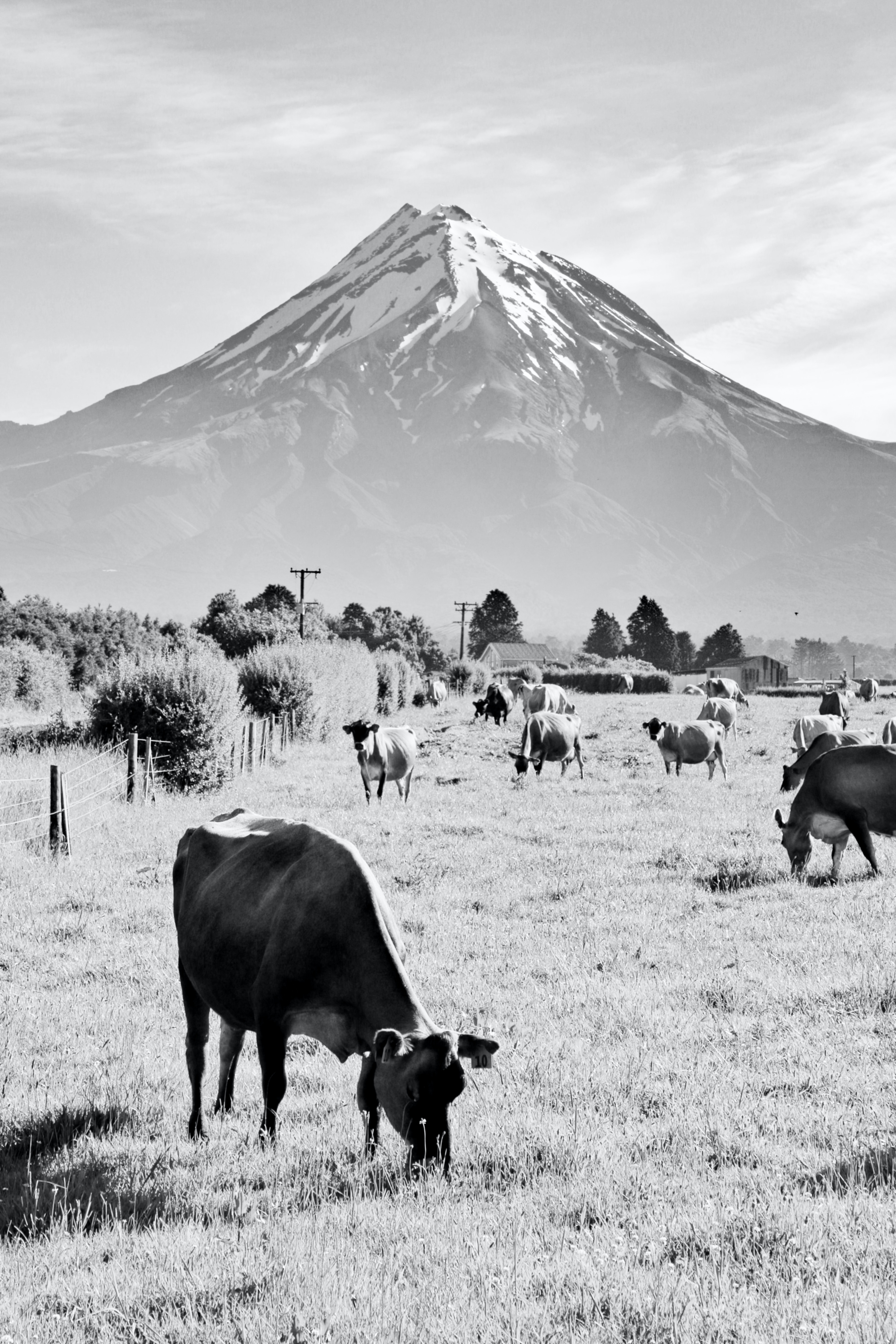Briefing: Fonterra Initiative in New Zealand
Our recent newsletter mentions the move by Fonterra to achieve a reduction in emissions, particularly a 30% reduction in their Scope 3 emissions, which for Fonterra originates mainly on their supplying farms. Indeed 93% of Fonterra’s emissions are scope 3. The target is an intensity based reduction, a fact which while pragmatic, has attracted some criticism. The detailed target is:
“A 30% reduction in Fonterra’s Scope, and Scope 3 FLAG emissions from dairy by 30% per tonne of fat and protein corrected milk between FY18 and FY30.”
I recently attended a meeting for veterinarians in Christchurch, in which they provided more detail on their aims and the role of veterinarians in achieving them. The meeting was positive which was encouraging because Fonterra and vets in NZ have not always had the closest working relationship. This article will provide further detail on an initiative which, I believe, provides a significant opportunity for vets in New Zealand and a great example to vets internationally.
The Fonterra initiative is being driven mainly by market access; their major customers are demanding major evidence of reduction efforts. The point was made that New Zealand, because of its largely pasture based production, is already judged to be a low emission supplier, and receives a price premium as result. But looking forward, this leading position cannot be assumed, it has to be constantly worked at.

Fonterra has subdivided its 30% target into four sections:
- Supporting farmers to adopt best practice farming -7%
- Scaled up and commercially viable novel technologies -7%
- Carbon removals from existing and new vegetation on farm
- Historical land use change
It is the first of these sections which will be of paramount interest to vets. The opportunity for vets to discuss many of the commonly faced issues; mastitis control, lameness and reproduction, whilst considering these challenges in a Greenhouse Gas reducing environment, rather than the “traditional” economic environment is exciting. When having these discussions, a familiarity with the basics of on farm emissions will be essential.
For those with a further interest, you will find a lot more information on the Fonterra website. The role for VetSalus is in my opinion clear, we have to provide leadership to highlight this opportunity, education to assist vets in operation confidently in this space and highlight the opportunity.
Lewis Griffiths, VetSalus Chair
New course coming soon from VetSalus: Livestock and Climate Change: A Veterinary Perspective
Do you want to get clearer on the basics of emissions science in relation to livestock production, learn how animal health welfare is impacting our climate and how changes to nutrition and husbandry can improve sustainability outcomes? Are you curious to explore the potential solutions you can implement in practice, and gain confidence in talking about these with clients and colleagues? Find out more and sign up for a free preview here.
To keep up to date with our work please follow our social media channels, Twitter and LinkedIn, finally make sure you sign up to our newsletter - here.
